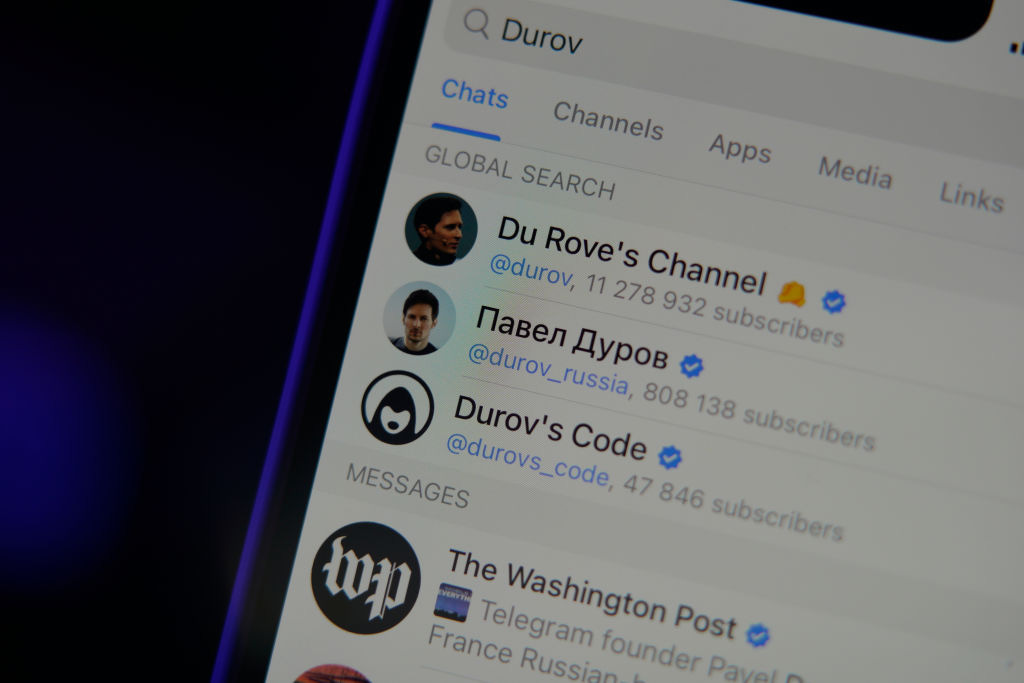The Future of Speech
Where the writer must stand
On Wednesday, lying in a hotel in Washington D.C., I opened up a Tuesday edition of the New York Times. This is one of my curious habits, to read out-of-date print editions of the newspaper; I’m not a dogged reader of the weekday Times, but I like to see what I’ve missed, and if you spend enough time in newsprint, you’ll hunt out many stories that may have otherwise been lost to you. This story, on A1, was not lost to me—I had been following it, if a bit too listlessly, and now I could see how the most powerful newspaper in the United States was framing it on the page.
Telegram Founder’s Anti-Authority Attitude Made Him a Target.
This was how it would be. Pavel Durov, the Russian founder of Telegram, the popular global messaging service, had been arrested in France as part of an investigation into criminal activity on his platform, and the story, in some sense, had been defined already: Durov, the peculiar “anti-establishment” mogul with a “hands-off” approach to policing user behavior, had courted disaster. He believed, strongly, government should not censor what people say or do on the internet and this had, in the words of the Times, made Telegram popular with Russians, Iranians, and others living under authoritarian regimes, but had also attracted “terrorists, extremists, gun runners, scammers and drug dealers.” Prosecutors in France detained Durov as part of what Emmanuel Macron, the French president, called an “ongoing judicial investigation.” He had been arrested—though not formally charged—for failure to cooperate with police on criminal investigations and an unwillingness to moderate content on Telegram. “France is deeply committed to freedom of expression,” Macron said in a statement. “In a state governed by the rule of law, freedoms are upheld within a legal framework, both on social media and in real life, to protect citizens and respect their fundamental rights.”
Durov’s arrest has mostly incensed dissident and heterodox commentators, as well as a few prominent activists like Edward Snowden. Mainstream liberals and progressives have celebrated or said nothing; since Elon Musk has called for the release of Durov, the case is already right-coded in American media, and few of the Democrats who profess to care about civil liberties will speak out in his defense. This doesn’t surprise me. If the Trump era, which began in 2015 and hasn’t yet ended, has taught us anything, it’s that negative polarization is a formidable enough force to convince ideological factions to abandon values they once cared greatly about. When George W. Bush was president, the safeguarding of free speech was considered paramount, and liberals felt compelled to speak out against government and corporate-sanctioned crackdowns on speech. France is not the United States, and prosecutors here would not have the same broad latitude to arrest Durov or Musk or Mark Zuckerberg for failing to comply with some nebulous directive. That is the beauty of the First Amendment.
But we are in a new age, one of tech platforms as dominant public squares, and the left consensus seems to be that they must be enthusiastically policed.



